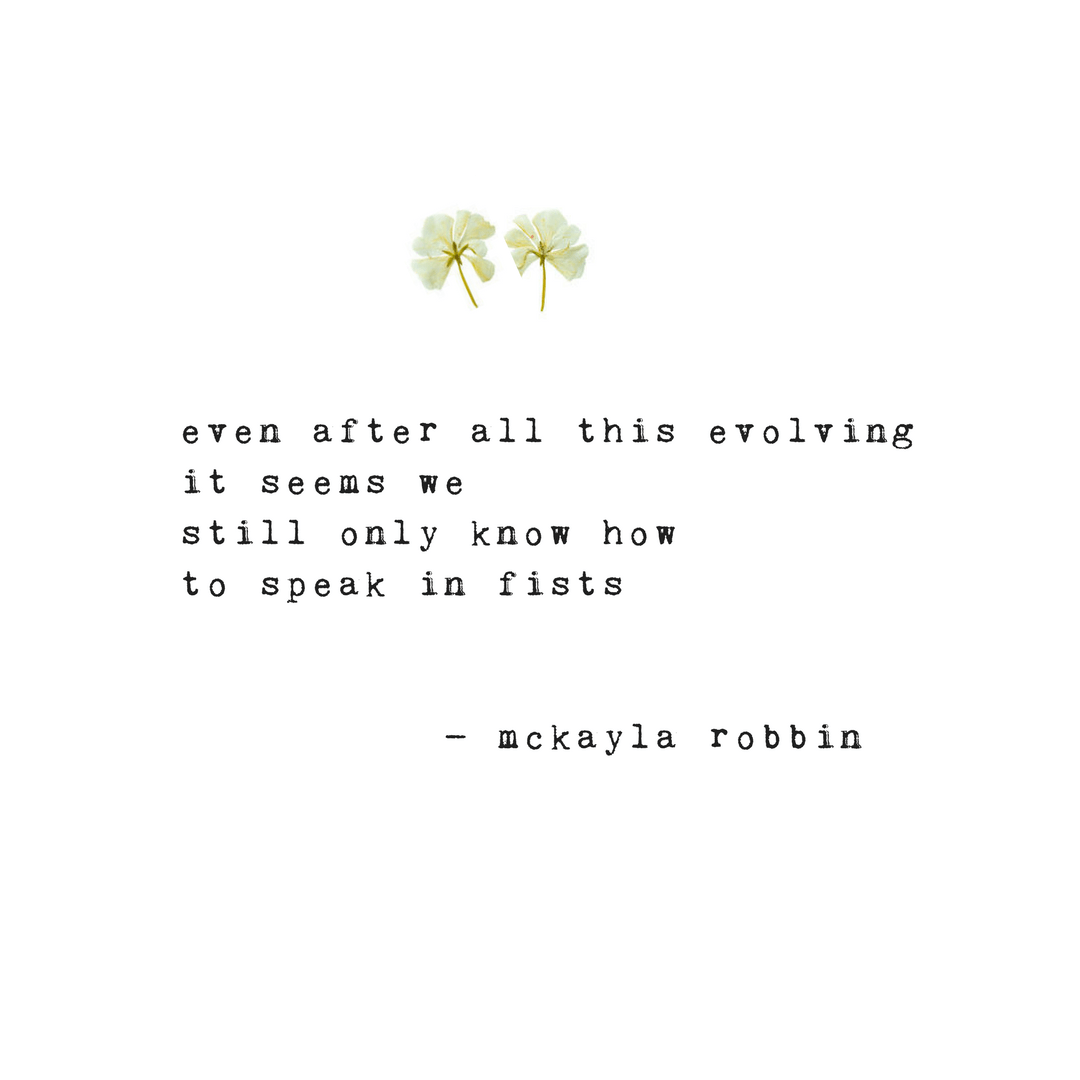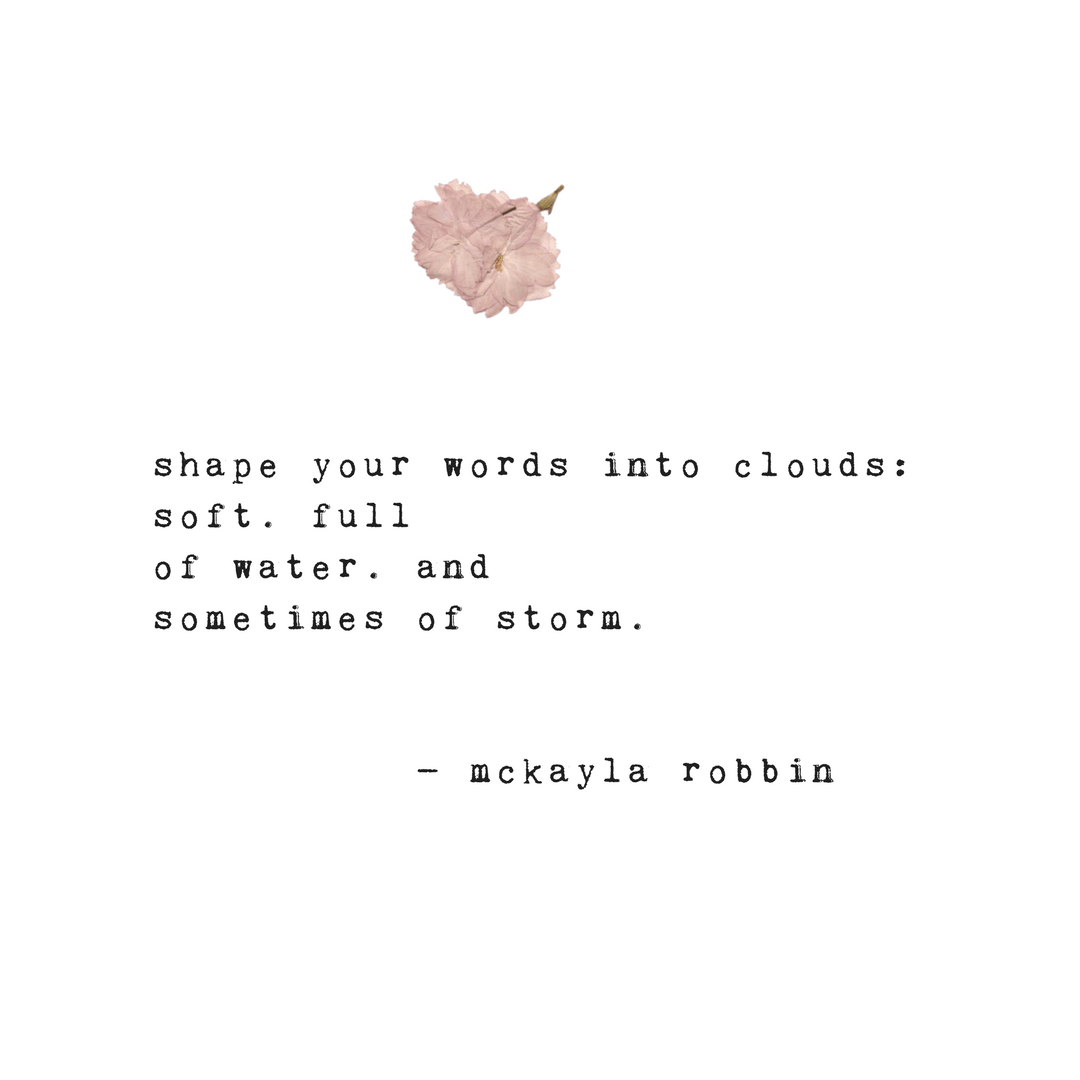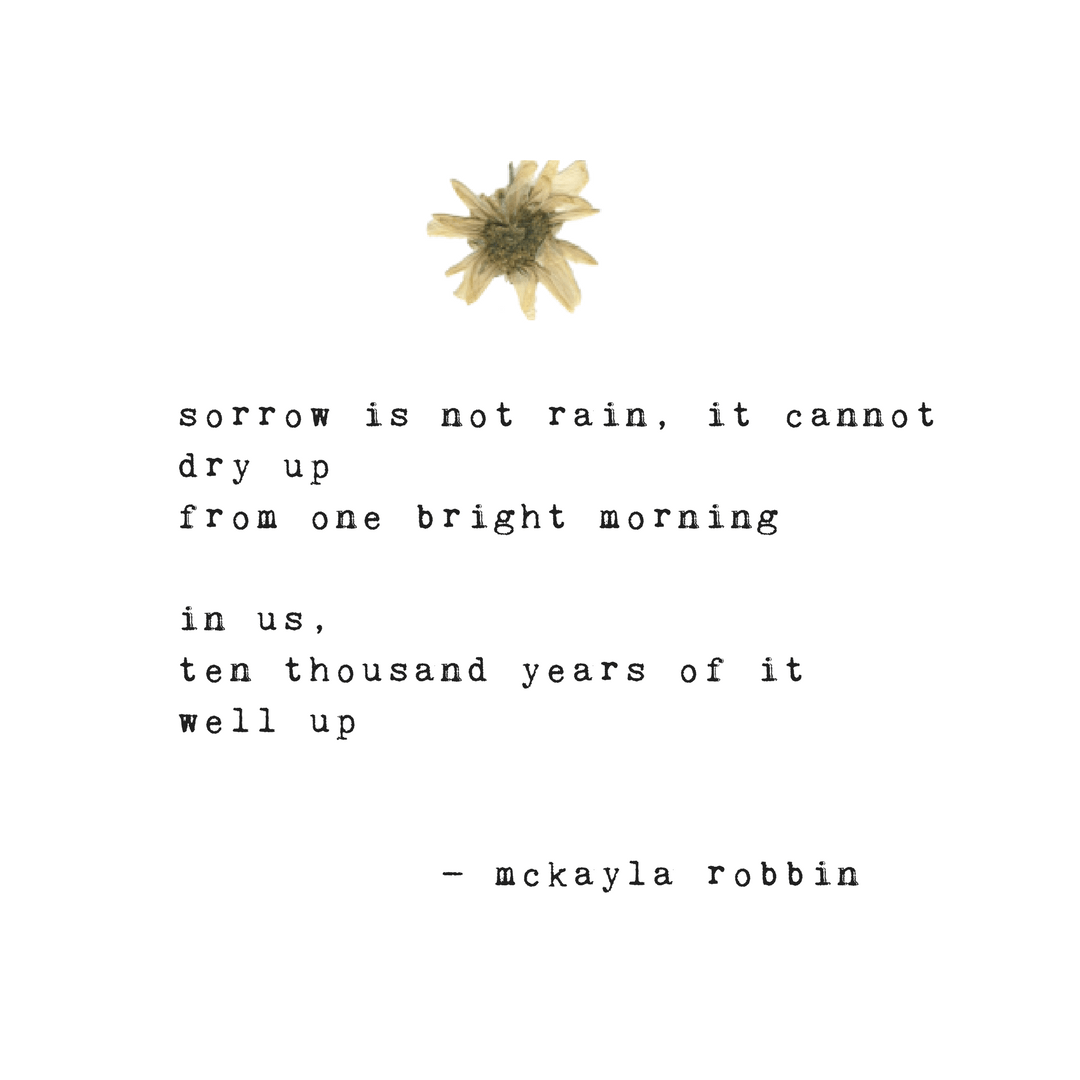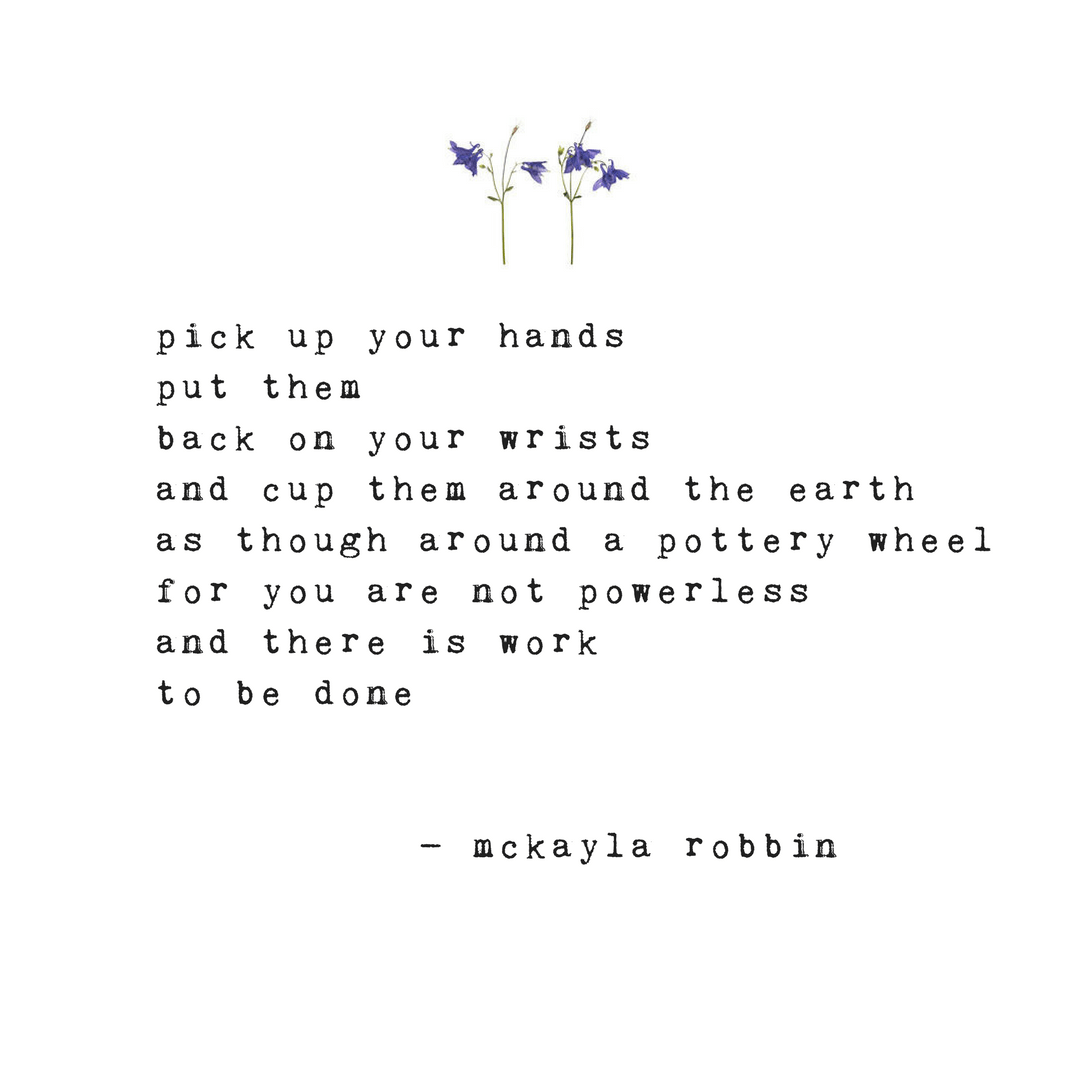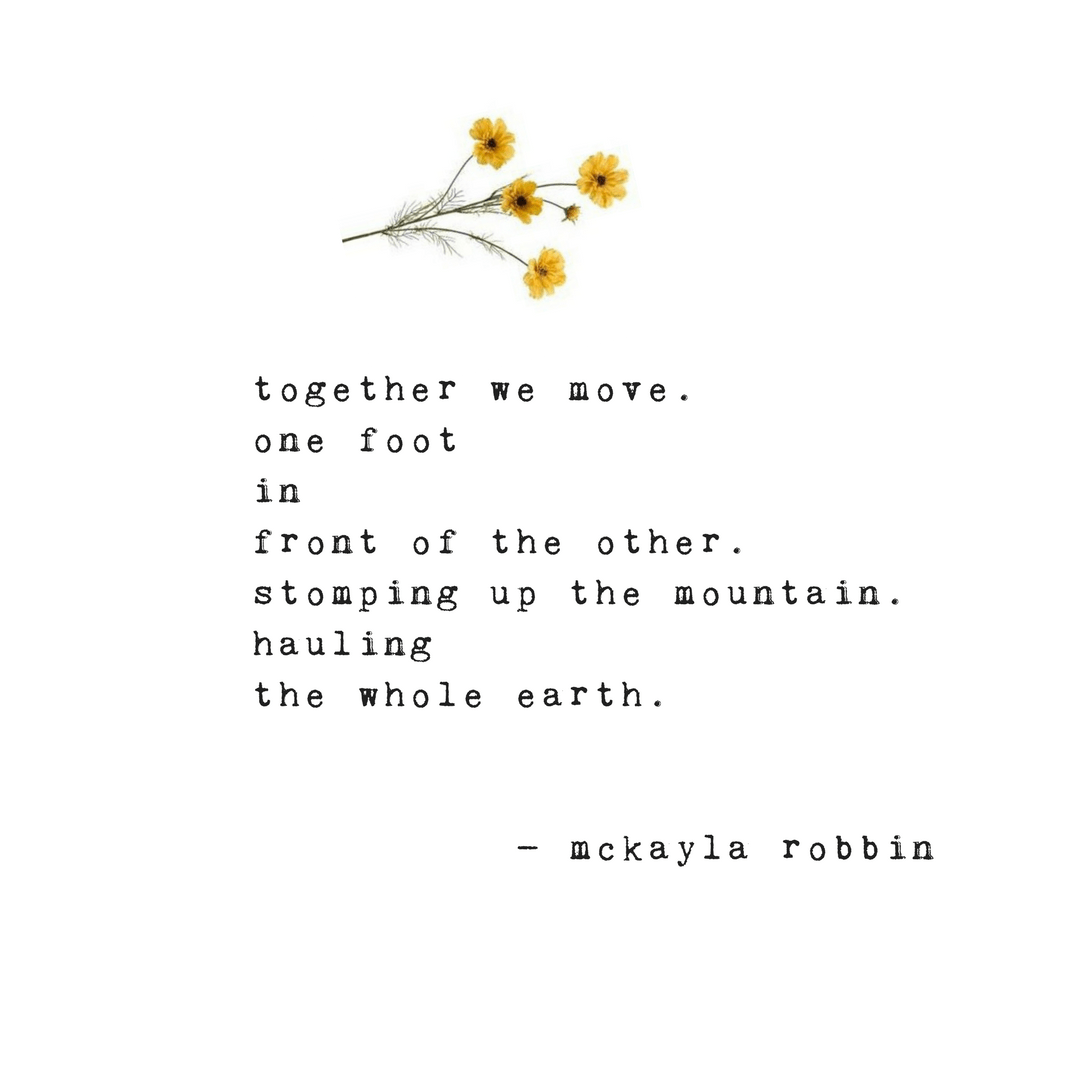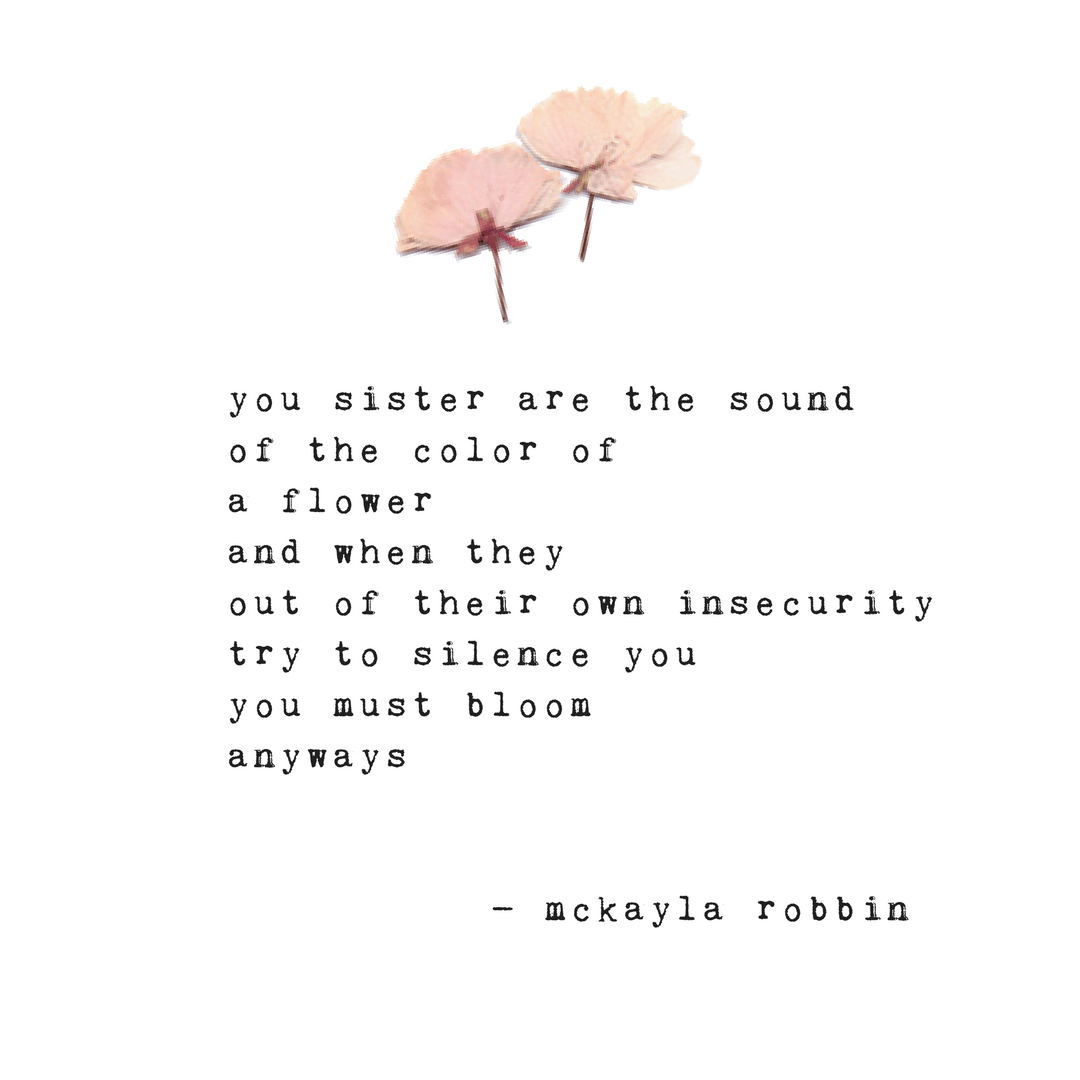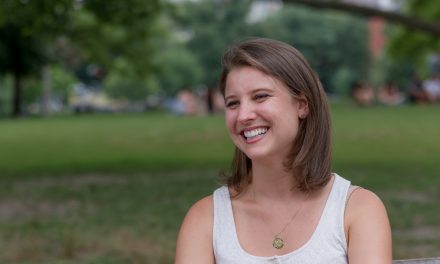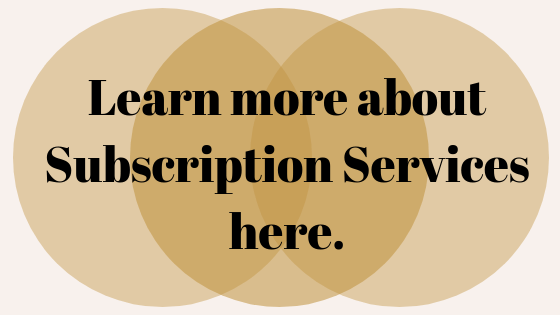Learning to Speak | Typewriter Series
Speaking doesn’t always mean pushing our voices up through diaphragm and throat and mouth and out into the world, although of course it can mean this and often does. But language is an imperfect science; words can be slippery, incomplete things. So sometimes we need to learn new forms of communication to capture the complexities – the love and loss and pain and joy – of our lived experiences: we write poetry; we put words to music; we draw or paint or sculpt; we make films; we join marches or resistance movements; we dance. We speak with our mouths; we speak with our pens or paints or instruments; we speak with our whole bodies.
Learning to speak is an act of reclaiming our own agency, of reclaiming our ability to tell our own stories. To be the storyteller of our own lives. Sometimes this happens in the privacy of our own home; sometimes we tell our stories only to ourselves: we journal or sing in the shower or dance around our living rooms. Sometimes we tell our stories to just a few others: we engage in conversations with loved ones, join support groups, go to therapy. Sometimes we tell our stories to the world: we give speeches, make social media accounts, publish books. Sometimes, too, speaking means simply admitting that it’s not your story to tell, not your turn to speak, and then passing the mic.
Speaking – and learning to speak – can assume a multitude of forms, and the following poems are a meditation on the act of speaking: speaking up; speaking out; speaking past the pain and fear that so often keeps us silent.

